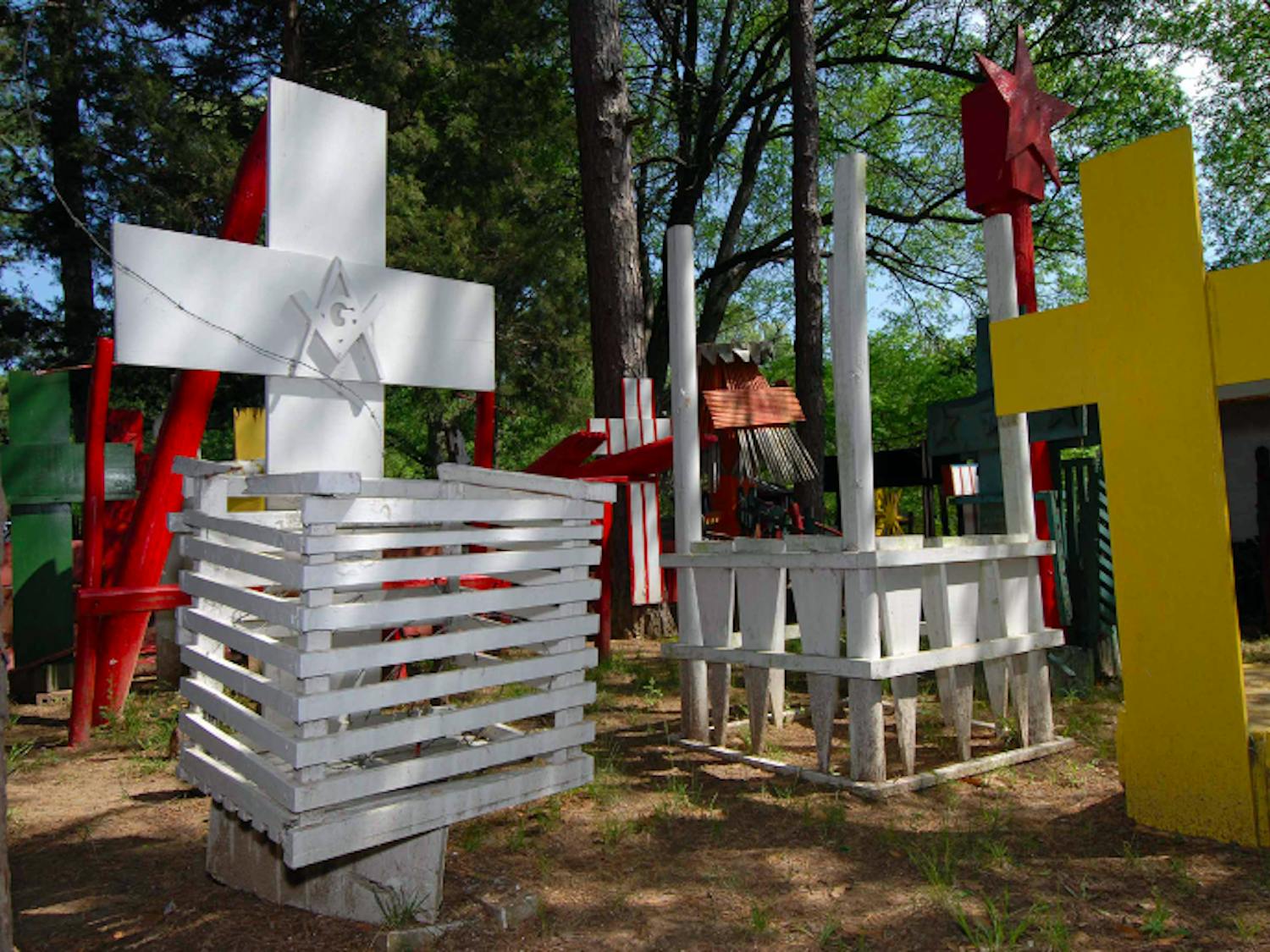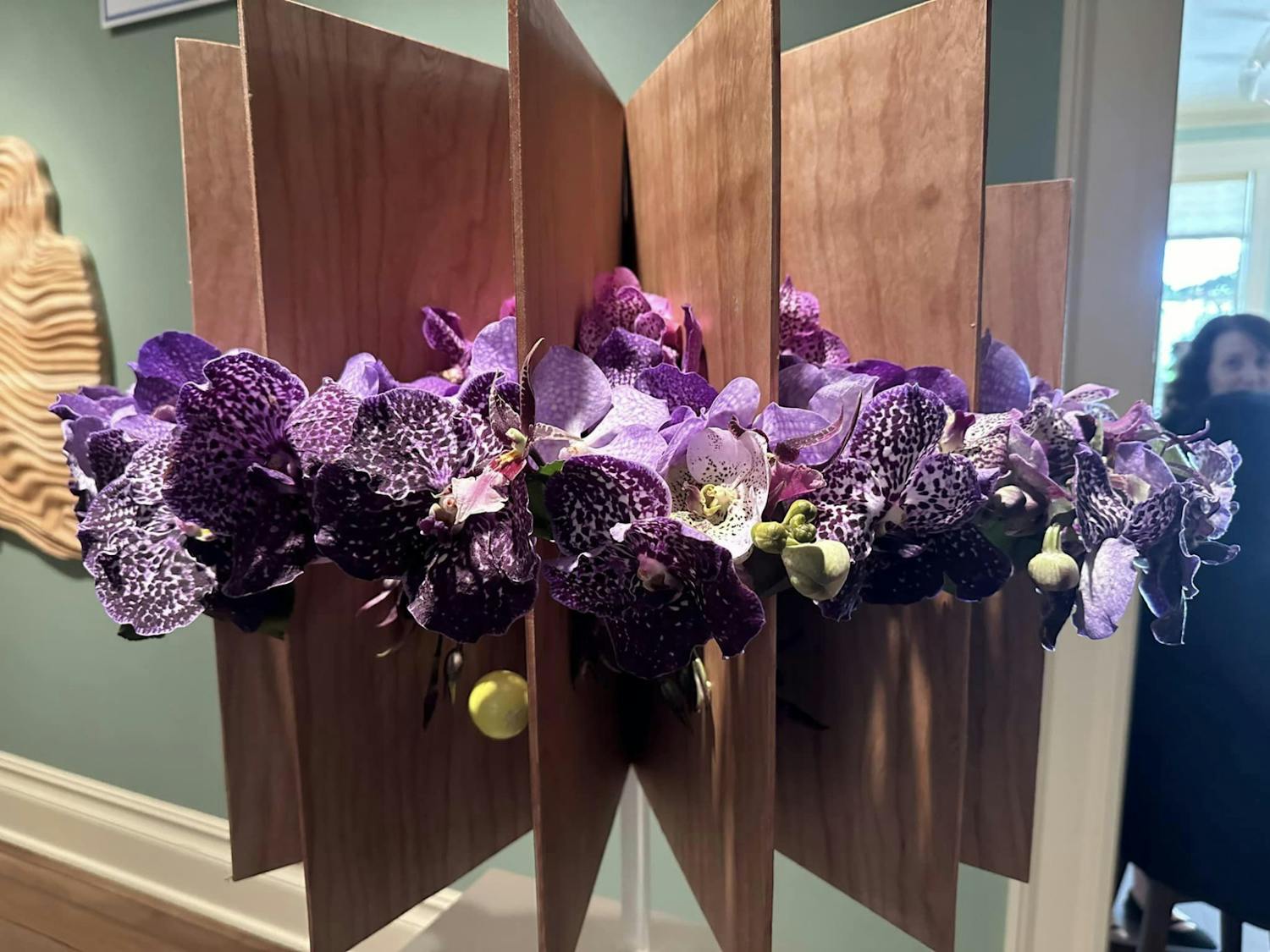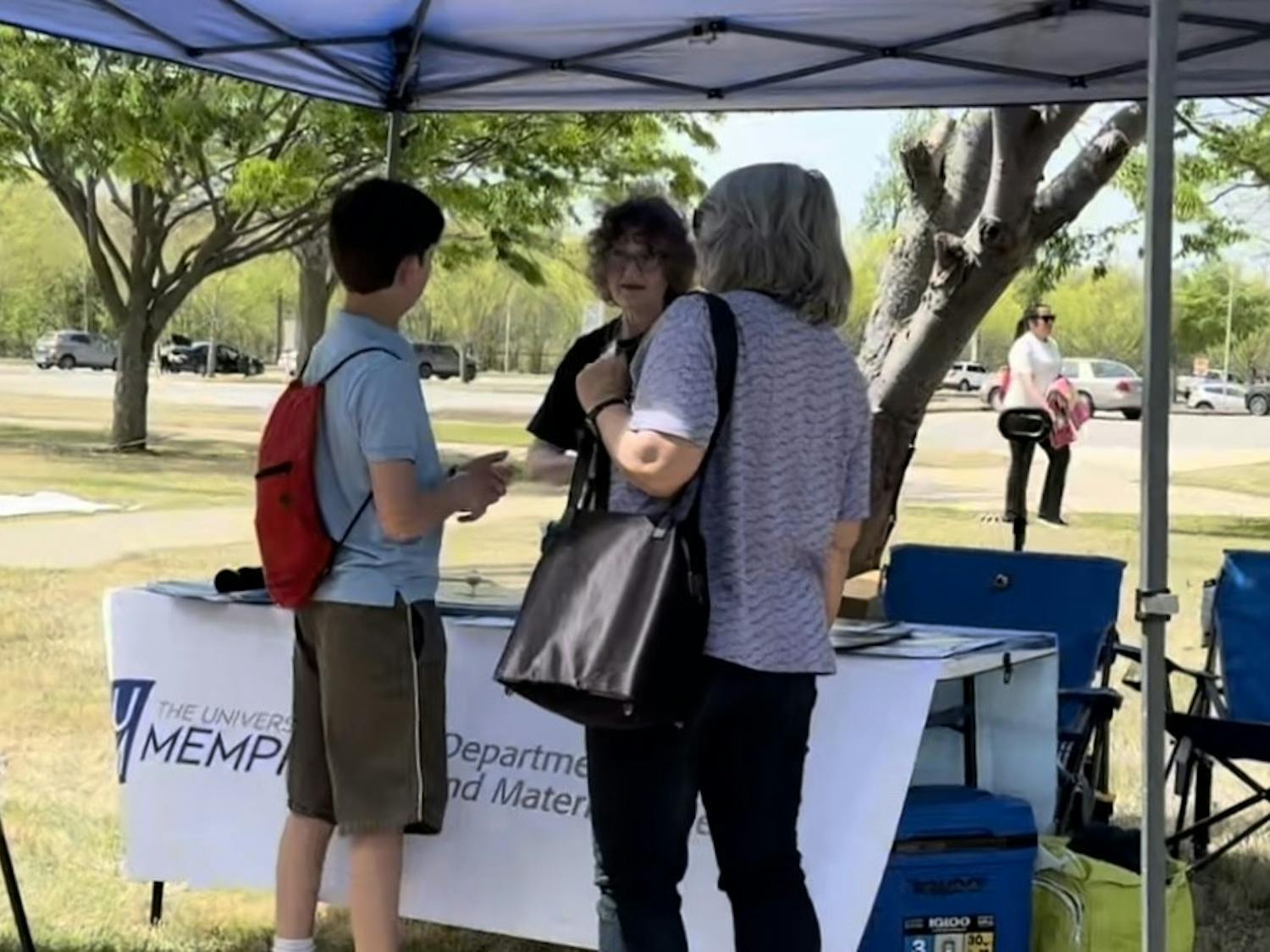“Empire” star Jussie Smollett claims he was assaulted by two people early Jan. 29 in Chicago. Smollett told police the two men called him homophobic and racist slurs, poured bleach on him and tied a rope around his neck. Smollett escaped and returned to his apartment building, where he called the police.
Smollett’s spokesman said, he is out of the hospital and recovering at home. He released a statement Feb. 1 to Essence magazine that addressed the status of his well-being.
“My body is strong, but my soul is stronger,” Smollett said in his statement. “As my family stated these types of cowardly attacks are happening to my sisters, brothers and non-gender conforming siblings daily. I am not and should not be looked upon as an isolated incident.”
Brandon Howard, a black student who identifies with the LGBTQ community, said he noticed most of the black community did not seem appalled about Smollett’s case.
“In these past couple of days, I’ve seen how people can be selective with their outrage,” Howard said. “With me being a queer black man, it makes me furious how straight black people only care about his race, or it’s the same black community who chants ‘Black Lives Matter’ but chooses to ignore or even doubt his case altogether because of his sexuality.”
News of Smollett’s case has caused some to doubt his claims of being attacked. A Chicago police officer claimed Smollett refused to give his phone and records, but Smollett said he told authorities he would provide them and was in the process of collecting them.
“Even though it is getting major press from the entertainment industry and from the non-black LGBTQ community on social media, they’re only focusing on his sexuality and ignoring his race altogether,” Howard said.
Despite the fact that Smollett has addressed this officer’s accusation, some remain skeptical.
“I find it troubling and questionable that Jussie refuses to release his phone records that took place during the incident,” said Devante Woodson, a black student who identifies with the LGBTQ community. “A lot about the story just isn’t adding up sadly.”
Despite the mixed thoughts about Smollett, statistics show the amount of hate crimes towards the LGBTQ community has increased over the years.
In 2016, 6,121 hate crime incidents were reported, which was a 5 percent increase from 2015, according to the Uniform Crime Reporting Program (UCR). The program also reported that 1,076 of the 6,121 reported incidents reported were based on sexual orientation bias and 124 were based on gender identity bias.
In 2017, African Americans accounted for 13 percent of the population and 28 percent of hate crimes, according to the FBI.
Howard and Woodson both said they think the media and black community should do a better job addressing these types of hate crimes.
“The selective outrage offends me. Our trans sisters and brothers of color are attacked and murdered, daily, and they barely make it past the local news, if they care to cover it,” Woodson said. “As a nation, we have just got to do better.”



